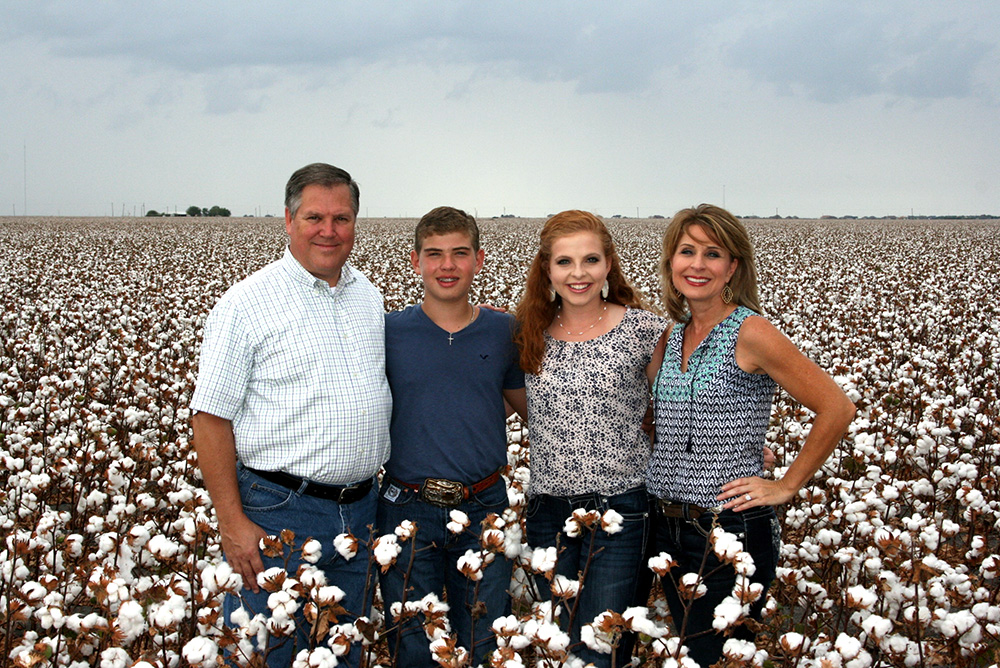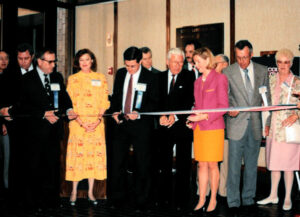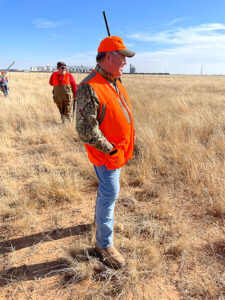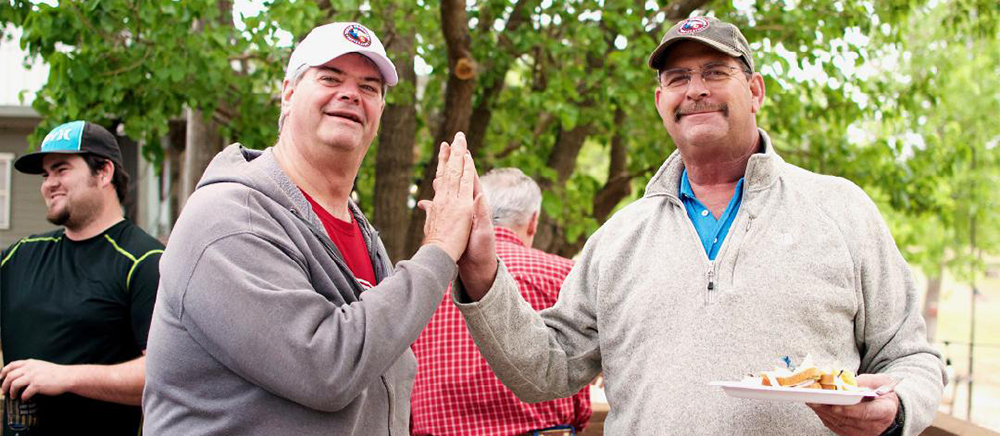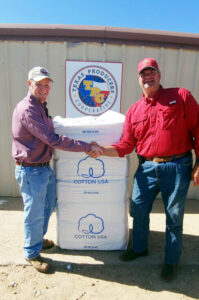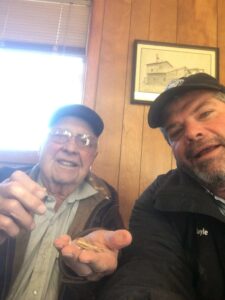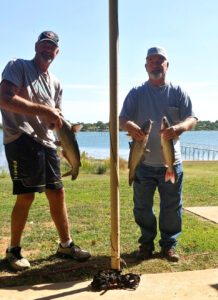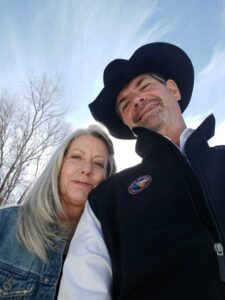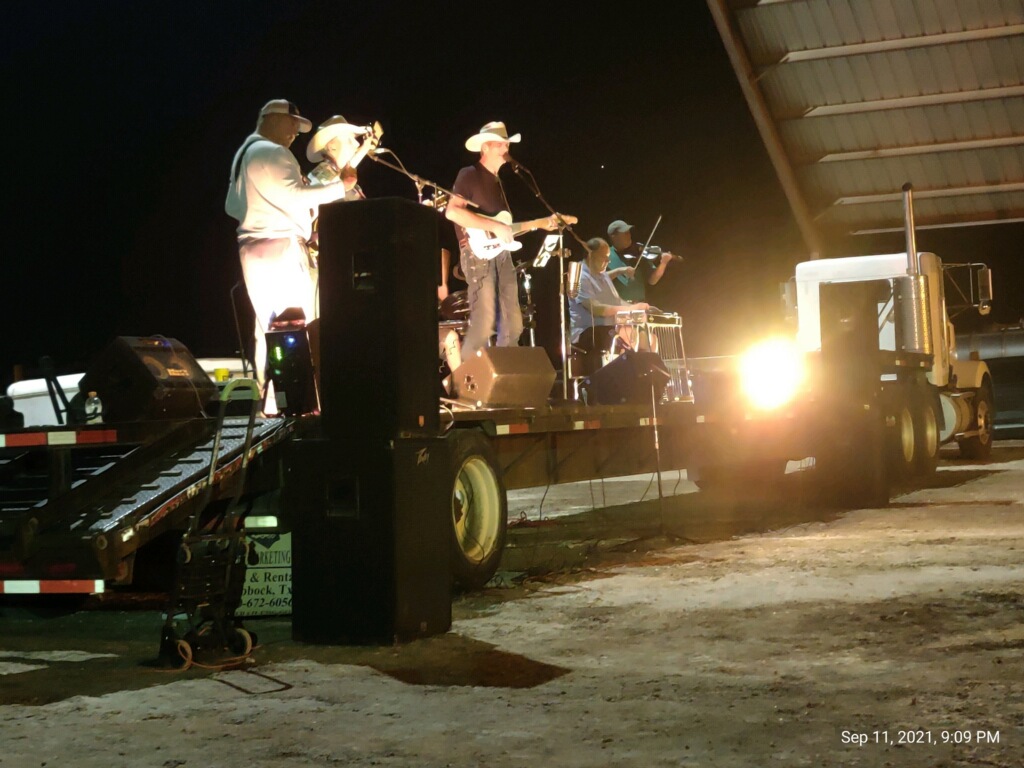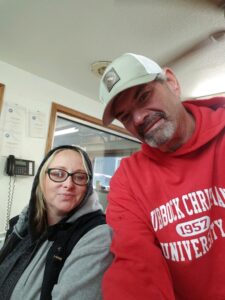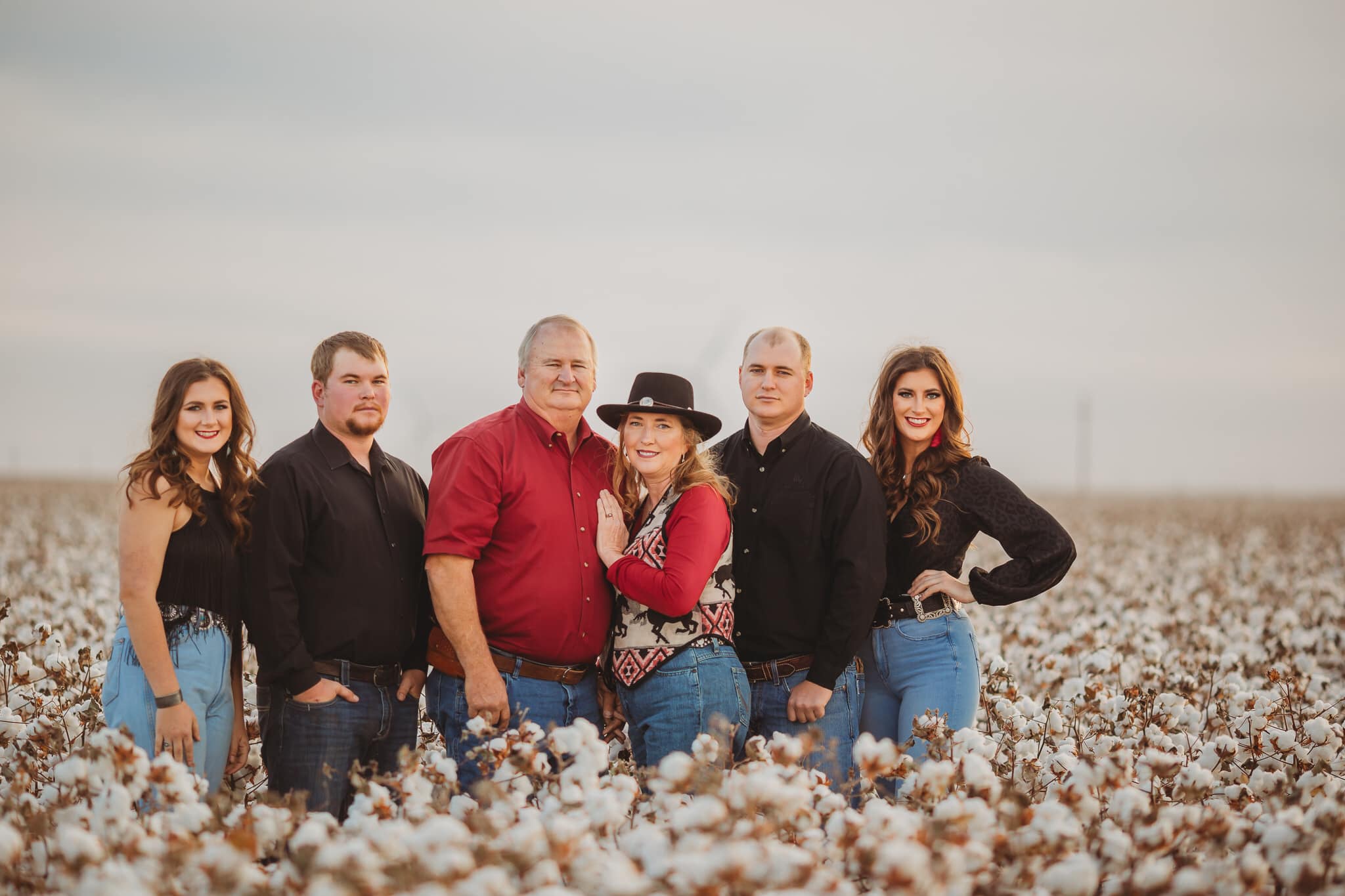
20 Questions with Tony Williams
Today is Tony Williams’ last day working for the Texas Cotton Ginners’ Association (TCGA). I called him on Monday — his last day in the office — and since I knew he was busy getting ready for his annual ginners’ fishing trip, we played 20 questions.
1. What are you most looking forward to in retirement?
I met my wife, Lagina, in 2015 and we eventually married and live in Corpus Christi. So I’ve spent the past seven years driving back and forth from Austin to Corpus Christi. It will be nice to wake up on Monday morning knowing I don’t have to start the journey back to Austin. Plus, I’m looking forward to helping my wife run her business, Stover Equipment Co, Inc. and watching my step-daughter, Jayna, graduate college and my step-son, Jaxon, graduate high school.
2. What would you consider your greatest accomplishment at TCGA?
The Texas Cotton Ginners’ Trust that we developed out of TCGA in 1994. It’s a separate entity now, but I was proud to be a part of developing a way for the cotton ginning industry to find affordable and available workers’ compensation insurance.
3. Is there anything that you weren’t able to accomplish?
It’s minor but it’s something I’ve always wanted to do. I’ve always admired the Texas and Southwestern Cattle Raisers Program member signs and wanted to provide that for our ginners to put on their outdoor sign or in their office. I’m sure the guys will take up that mantel.
4. What was your greatest challenge as executive vice president?
One month after I began working at TCGA, I was named executive vice president. That wasn’t the original plan, so I was thrown into the deep end pretty quickly. The support staff I had was new, too. I discussed the possibility of getting my old job back and telling the ginners to find someone else because I was only 26 years old, but they stuck with me. They had my back from day one and said they would take care of me no matter what. So I hit the ground running and never looked back.
5. That seems like an overwhelming life experience. What made you decide to stick it out?
Well, I like a challenge and I’m not afraid to tackle the hard tasks. I had a fire in me to be successful and the support of the ginners made me want to work hard for them.
6. What’s your favorite memory of your time at TCGA?
In 2005, I was given the TCGA Life Member award. My mom was always a special person in my life, and she wasn’t able to attend the award ceremony. I did not know I was the recipient and when they called my name, I realized they were broadcasting the ceremony to my mom so she could watch me receive it. That was a big deal in 2005. She ended up passing away that same year, so I was so grateful she was able to participate.
7. Do you have a favorite motivational quote?
I don’t know if this is a legitimate quote or if I made it up, but I always tell people, “Keep plowing forward.” I rarely look back — I just keep going — and I usually tell people to do the same thing. You can’t make progress if you’re not moving forward.
8. What’s your favorite song?
There are several but “Amarillo by Morning” by George Strait is probably my No. 1.
9. Who was your favorite co-worker? (winky face)
I can’t play favorites! But I have always said that the best thing I ever did was hire Kelly Green. He saved the gins on the environmental regulations. I still remember meeting Kelly at the Capitol building in Austin and offering him the job. I had a great team and they made me look good. I enjoyed working with everyone.
10. What piece of advice would you give aspiring professionals today?
Make sure the career you choose is something you are passionate about. I was very passionate about the job at TCGA. I had grown up around agriculture and knew that what TCGA did was important. Find what drives you and pursue it passionately.
My favorite is probably saltwater fishing. I also play golf and enjoy bird hunting.
12. Do you have any pets?
Right now I have a Boxer named Ginger and a Shitzu (if you want to call it that) named Max. I love dogs but I ended up with a cat in the marriage named Reese. We get along O.K., but I’m just not much of a cat person.
13. What’s your favorite color?
Blue.
14. What’s your favorite sport to watch?
College football.
15. What’s your favorite food? (This might have been the toughest question I asked.)
Oh man, I’m going to say chicken-fried steak. I should probably say my wife’s roast, which is great. But I think I’ll stick with chicken-fried steak. Final answer.
16. Who would you consider your No. 1 mentor throughout your career?
There are two. Having lost my father at age 15, my FFA teacher Finus Branham took me under his care and set me on a path toward pursuing a career in agriculture. Clemon Montgomery, who was running Texas Cottonseed Crushers Association at the time, guided and helped me tremendously in learning the ropes in Austin and the Texas Legislature.
17. Looking back on your career, is there anything you would’ve done differently?
I wish I would’ve documented more stories from industry veterans and taken more photos of my time at TCGA.
18. Can you sum up your TCGA experience in one word? 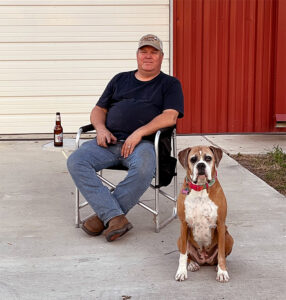
Fortunate.
19. What was the coolest part of this job for you?
In this job, I touched every single person’s life every day. There’s a good chance that every person is either wearing some cotton or using it in household products. Or they’re using cottonseed oil in cooking or other products. It’s kind of corny but I like the fact that what I do impacts everyone’s life, because, in some form or fashion, everyone is consuming or using cotton.
20. What will you miss the most about TCGA?
The people are what make this industry great. Cotton is a lovely product. It does a lot for our region, state and world to produce the fiber we do here, but it’s produced and ginned by some amazing people. And that’s why I have loved what I do for the 33 years I was privileged to do it. I’ve been so blessed to have the opportunity to work in this industry.
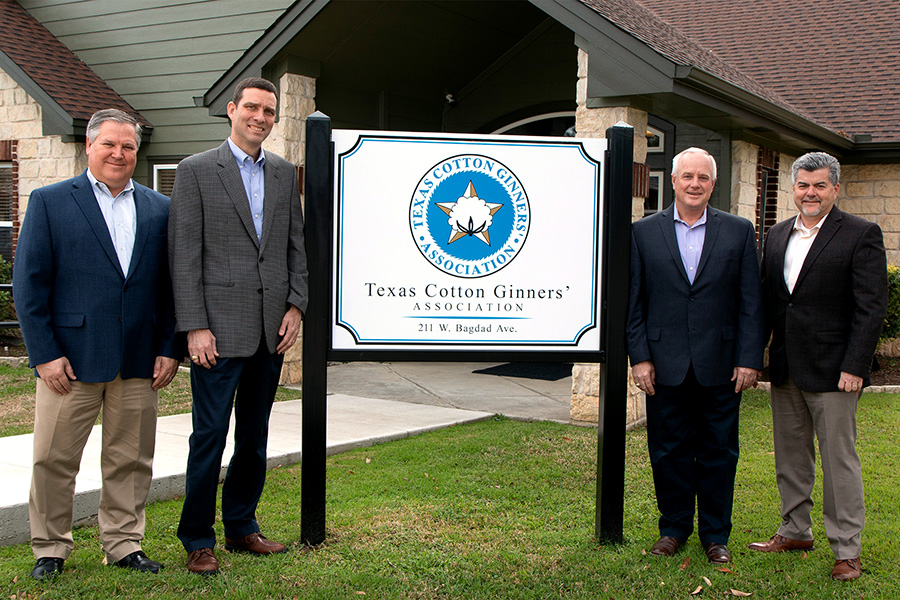
TCGA Staff: Tony Williams, retired, Aaron Nelson, Communications Manager, Kelley Green, new executive vice president, and Duncan McCook, Regulatory Affairs Manager
